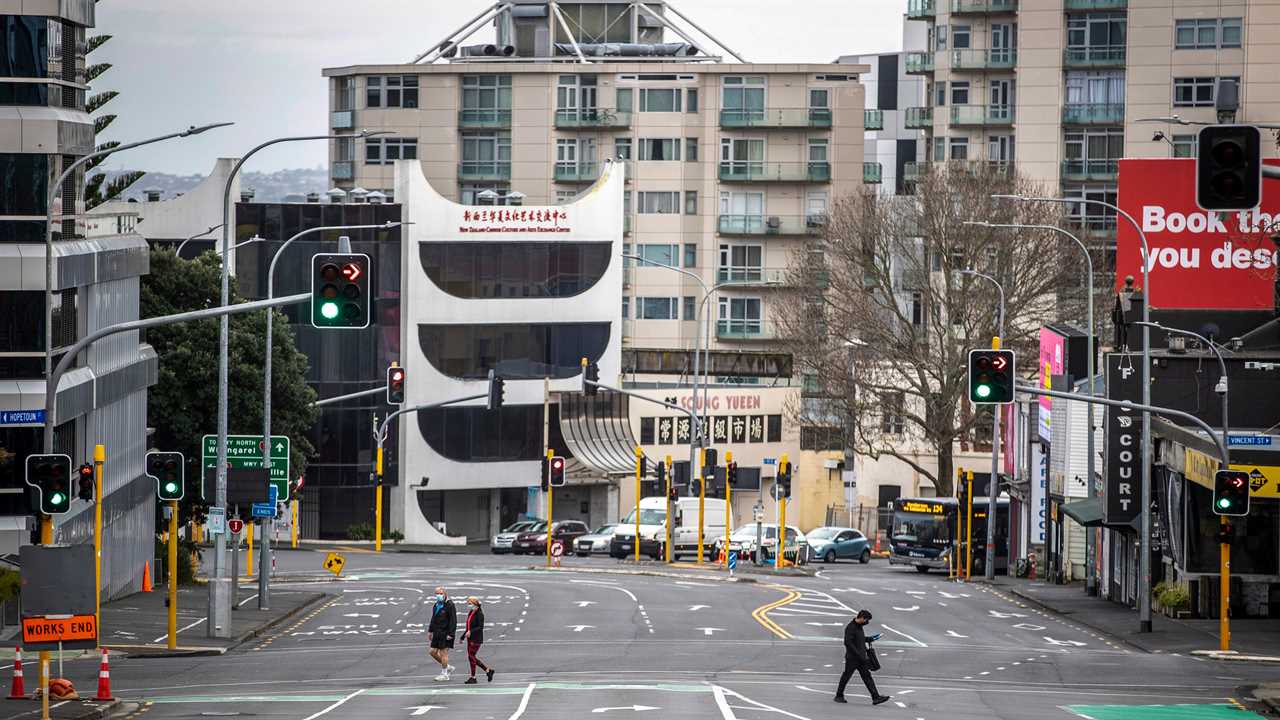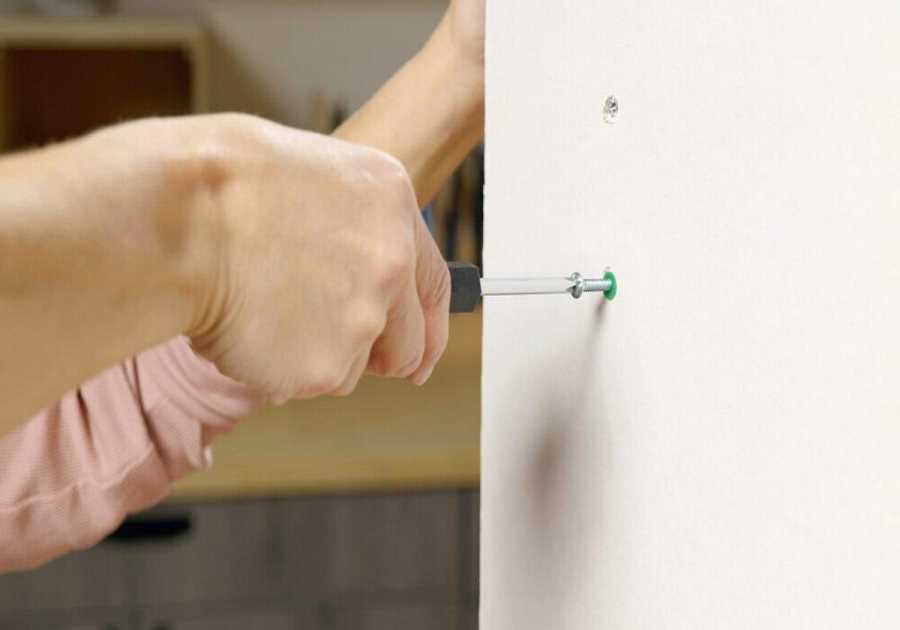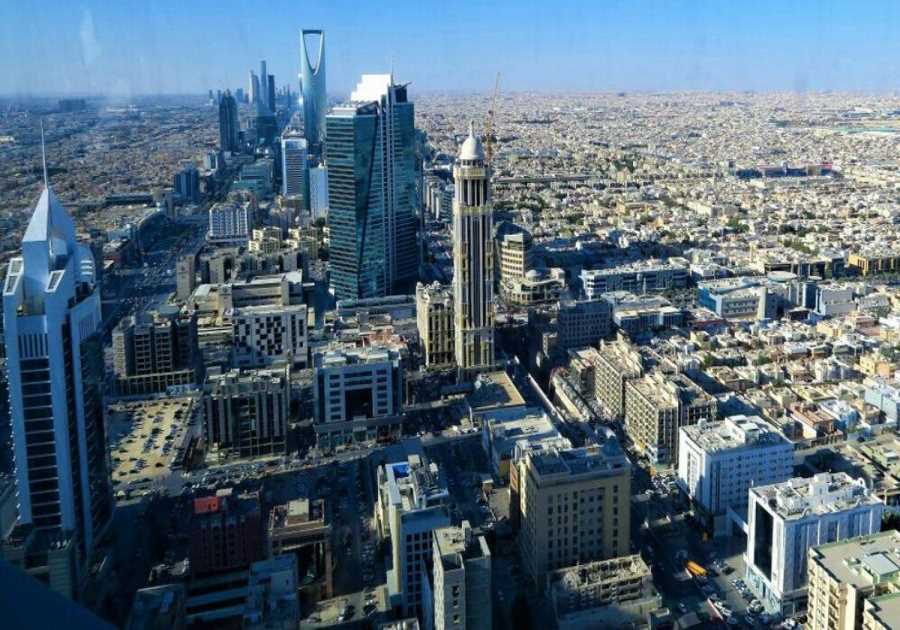
AUCKLAND, New Zealand — For a year and a half, New Zealand has pursued a strategy of “Covid zero,” closing its borders and quickly enforcing lockdowns to keep the coronavirus in check, a policy it maintained even as other Asia-Pacific countries transitioned to coexisting with the viral threat.
On Monday, New Zealand gave up the ghost.
Prime Minister Jacinda Ardern acknowledged an end to the elimination strategy seven weeks into a lockdown that has failed to halt an outbreak of the Delta variant, announcing that restrictions would be gradually lifted in Auckland, the country’s largest city.
“We’re transitioning from our current strategy into a new way of doing things,” Ms. Ardern told reporters. “With Delta, the return to zero is incredibly difficult, and our restrictions alone are not enough to achieve that quickly. In fact, for this outbreak, it’s clear that long periods of heavy restrictions has not got us to zero cases.”
“What we have called a long tail,” she added, “feels more like a tentacle that has been incredibly hard to shake.”
Overall, New Zealand’s approach to the virus has been a spectacular success, giving it one of the lowest rates of cases and deaths in the world, and allowing its people to live without restrictions during most of the pandemic.
But the mood among many in Auckland has soured as the most recent lockdown has stretched on, with thousands of people breaking a stay-at-home order on Saturday to demonstrate against the restrictions in the country’s largest such protest of the pandemic.
The country’s vaccination program has also been a source of consternation. The campaign began in earnest only last month, and fewer than half of people 12 and older have been fully vaccinated, leaving New Zealand far behind most developed countries.
Ms. Ardern began to acknowledge the public discontent two weeks ago, when she announced, after more than a month of a highly restrictive stay-at-home order, that some rules would be relaxed in Auckland even as much of the lockdown order remained in place. About 200,000 people were allowed to return to work, and restaurants and cafes could reopen for takeout orders.
At the time, Ms. Ardern said the country was still trying to eliminate the virus. But to epidemiologists, who believed it was still possible to beat Delta and who were encouraging New Zealand to stick with the zero-Covid strategy, it was a gamble.
Now, they say, it is clear that easing restrictions ended any chance of wiping out the virus again. New Zealand is still reporting dozens of new cases a day, almost all of them in Auckland, after the latest outbreak began in mid-August.
“The modeling said basically that going into Level 3 was going to be a big risk,” said David Welch, a Covid-19 modeler at the University of Auckland’s Center for Computational Evolution, referring to the move away from Level 4, the highest alert level.
“It’s turned out that elimination is not going to work at Level 3,” he said. “That’s not that surprising, just because Delta is so transmissible. The question now is: Will Level 3 be enough to contain it with less than 20, 30, 40, 50 cases a day for a while?”
Latest Updates
- Supply-chain snarls reach the book publishing industry.
- New Zealand abandons its goal of eliminating the coronavirus.
- Vaccination rates rise among teachers as a mandate takes effect in N.Y.C.’s schools.
A more permissive approach, Dr. Welch said, could allow the number of cases to rise much higher, letting the outbreak spiral out of control.
To prevent such spread of the virus, epidemiologists said people in Auckland would most likely still face as many as two months in lockdown. That will leave them in a limbo much like those experienced in Australian cities like Sydney and Melbourne, where leaders have said they are abandoning a zero-Covid approach but have left heavy restrictions in place.
Singapore, too, has shifted to what it calls living with the virus, using metrics like hospitalizations and deaths instead of caseloads to guide its reopening now that it has vaccinated much of its population. The change in strategy by Singapore and other countries in the region has left China as perhaps the last major country to pursue a Covid-zero approach.
On Monday, Ms. Ardern offered a three-stage map out of lockdown, in an effort to “make everyday life a little easier.”
Starting on Tuesday, residents of Auckland, for the first time since August, will be permitted to meet with members of other households outdoors. Younger children will return to classrooms, and there will be a more permissive approach to outdoor exercise at the city’s parks, nature reserves and beaches.
To move away from lockdowns altogether, New Zealand will have to achieve widespread vaccination, Ms. Ardern said. Some 79 percent of people 12 and older have received at least one dose, and 48 percent have received two doses, according to data from the Ministry of Health. Full immunization of the population — New Zealand’s stated aim — could take months as the country struggles to persuade the final 20 percent to receive a first dose of a vaccine.
The country’s most at-risk communities are also its least vaccinated. While more than 95 percent of people of Asian descent and 80 percent of white people have received at least one dose, the figure falls to about 73 percent for Pacific Islanders and less than 57 percent for Maori people.
Minimizing Auckland’s outbreak has been complicated by a surge of cases among vulnerable people, including those living in emergency or transitional housing, said Dr. Michael Baker, an epidemiologist at the University of Otago.
“We should have recognized the entrenched transmission in marginalized and deprived groups — that’s what basically sustained the outbreak,” he said. “That transmission is relatively impervious to the alert level system and the restrictions, because these are people in a precarious position.”
Some of Auckland’s latest cases have been detected incidentally in hospital wards or after people were taken into police custody, suggesting widespread transmission among people who are not being tested.
In a post on Twitter, the Maori writer and political commentator Morgan Godfery expressed concern about what abandoning the elimination strategy might mean for those in disadvantaged communities.
“The PM says we must now live with the virus,” he wrote. “But the ‘we’ means these same lines of inequality. The virus will now burrow in gangs, the transitional housing community, and unvaccinated brown people. In 2020, Jacinda asked for shared sacrifice. In 2021, it’s a particular sacrifice.”
Title: Battling Delta, New Zealand Abandons Its Zero-Covid Ambitions
Sourced From: www.nytimes.com/2021/10/04/world/australia/new-zealand-covid-zero.html
Published Date: Mon, 04 Oct 2021 11:43:05 +0000






